Many universities deduct points or fail courses if students copy more than the allowed percentage or do not cite sources when using AI to do assignments.
Master Pham Thai Son, Director of the Admissions and Communications Center, Ho Chi Minh City University of Industry and Trade, said that students are increasingly using tools and software related to artificial intelligence (AI) to do homework, write essays, and conduct scientific research.
Mr. Son believes that this is an inevitable trend because students are quick-witted, while AI-integrated applications help increase the ability to search, synthesize and provide answers. However, many students, due to lack of understanding or intentionally, include a lot of knowledge in their assignments without citing the source or citing it incorrectly. These are manifestations of plagiarism and violating citation regulations.
An IT lecturer said that although there was no specific survey, the number of students she noticed using AI to do homework had increased since the beginning of the year. The problem was that many students did not cite sources or even copied completely without knowing where the knowledge came from.
"About 30% of the students I recently failed in their final exams were due to copying answers from ChatGPT. They were discovered because they did not correct the code," she said, adding that even if they did not, the school still has software to detect duplication later.
Although students are increasingly using AI in their studies, many universities do not have specific regulations on this, leaving it largely up to lecturers. The usual forms of handling students who violate the rules include warnings, deducting points, or failing the course.
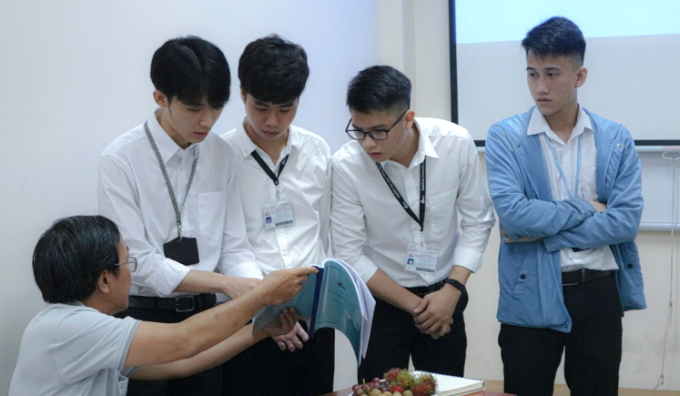
Students of Ho Chi Minh City University of Industry defend their graduation thesis, June 2022. Photo: IUH
Associate Professor Dr. Nguyen Ngoc Vu, Vice Principal of Ho Chi Minh City University of Foreign Languages and Information Technology, said that the school has tools to check student assignments. Through that, lecturers will know which parts of the student's products and assignments are created by AI. However, how to handle it depends on each lecturer.
At Ho Chi Minh City University of Industry and Trade, there is no general regulation to handle this issue, but each faculty or department, lecturer has their own way, according to Mr. Son. He cited the example of the Accounting Department, which will evaluate the thesis as failing if the student quotes without citing the source or cancel the result if the number of quotes is over 50%. In some departments, students will have points deducted or fail the subject if their essay or project is copied without citing the source, or exceeds a certain percentage.
Two other schools in Ho Chi Minh City, the University of Economics , Social Sciences and Humanities, are among the few that have issued regulations on citation and anti-plagiarism. These two schools said they use DoIT and Turnitin software to check for duplicate data in students' papers. Depending on the severity of the violation, students may be reprimanded, warned, suspended from school for a period of time or forced to leave school if they are found to have plagiarized or cited more than the allowed rate (20-25%).
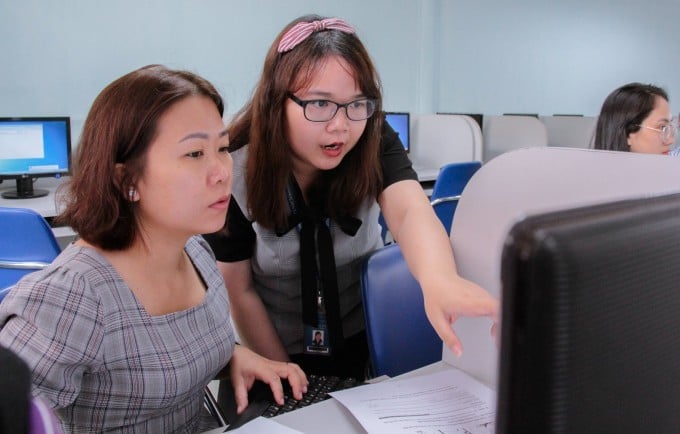
Lecturers at the University of Social Sciences and Humanities, Ho Chi Minh City, were trained in using plagiarism checking software in 2020. Photo: USSH
Dr Greeni Maheshwar, senior lecturer at RMIT University, said that in the context of many concerns surrounding the use of AI ineducation , schools should issue clear guidelines and codes of conduct for both learners and teachers, and consider integrating AI into assessment.
“We need to design assessments that encourage responsible use of AI and maintain learners’ critical thinking skills and creativity,” said Dr. Greeni Maheshwar.
According to Associate Professor Nguyen Ngoc Vu, what is more important is that teachers need to build awareness in students about using AI.
"Students need to understand how AI creates content to know its limitations, not leave their thinking ability to AI, and adhere to ethical and transparent principles when using it," said Mr. Vu.
Sharing the same view, Master Cu Xuan Tien, Head of Admissions and Student Affairs Department, University of Economics and Law, said that to make good use of AI tools, students need to carefully review the data they provide. Another important skill is knowing how to ask questions of AI applications, not asking AI to do everything for them.
"Based on the answers and ideas provided by AI, in addition to carefully checking the reasonableness of the above data, students need to rewrite in a way that is understandable and consistent with the content of their writing," Mr. Tien advised.
Le Nguyen
Source link












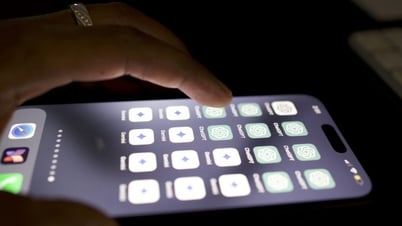

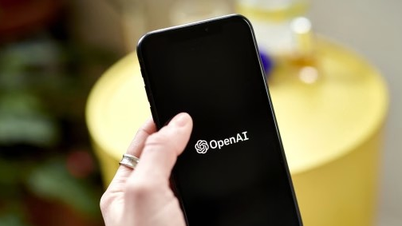


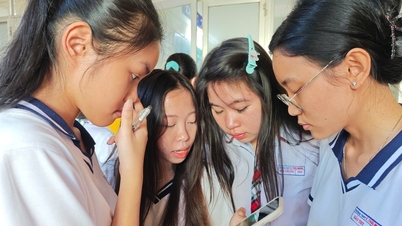
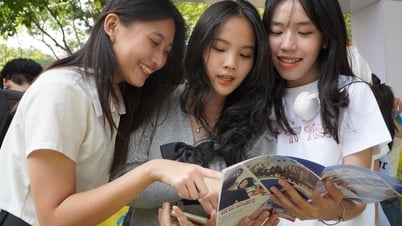

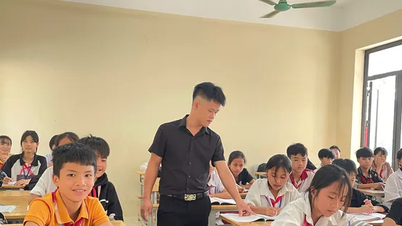

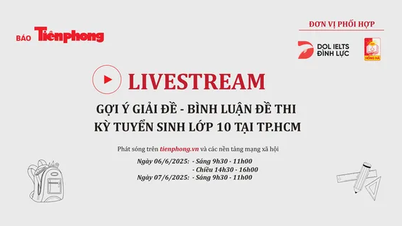
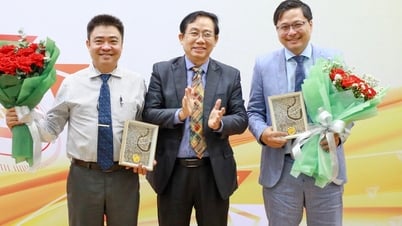
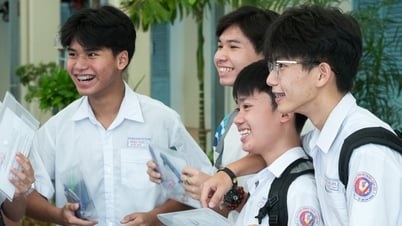






















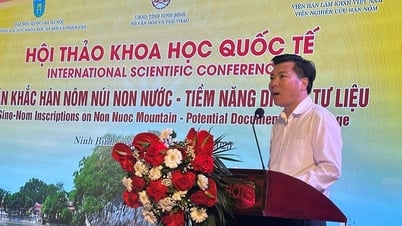






















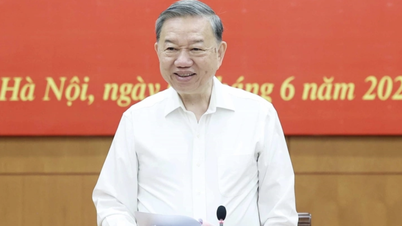










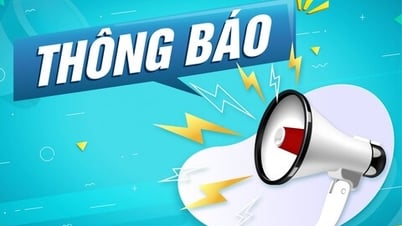
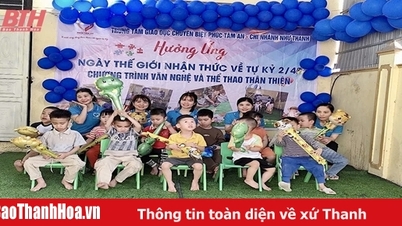








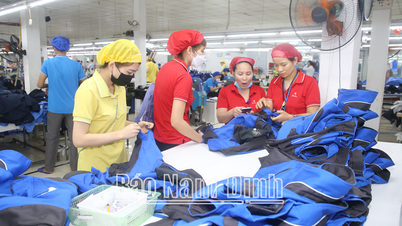












Comment (0)